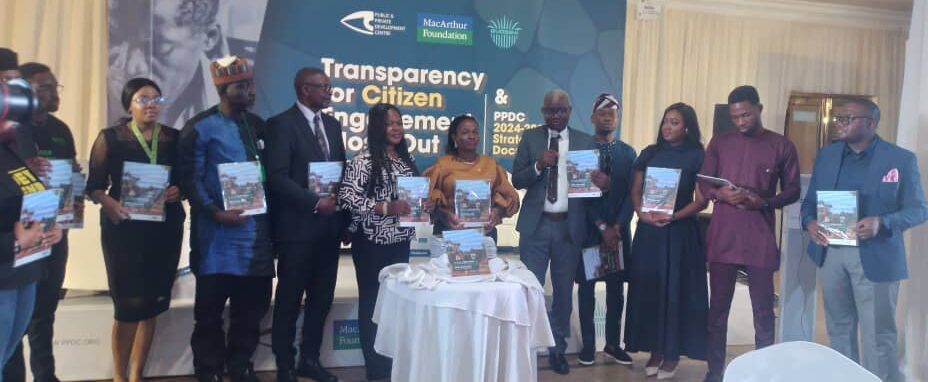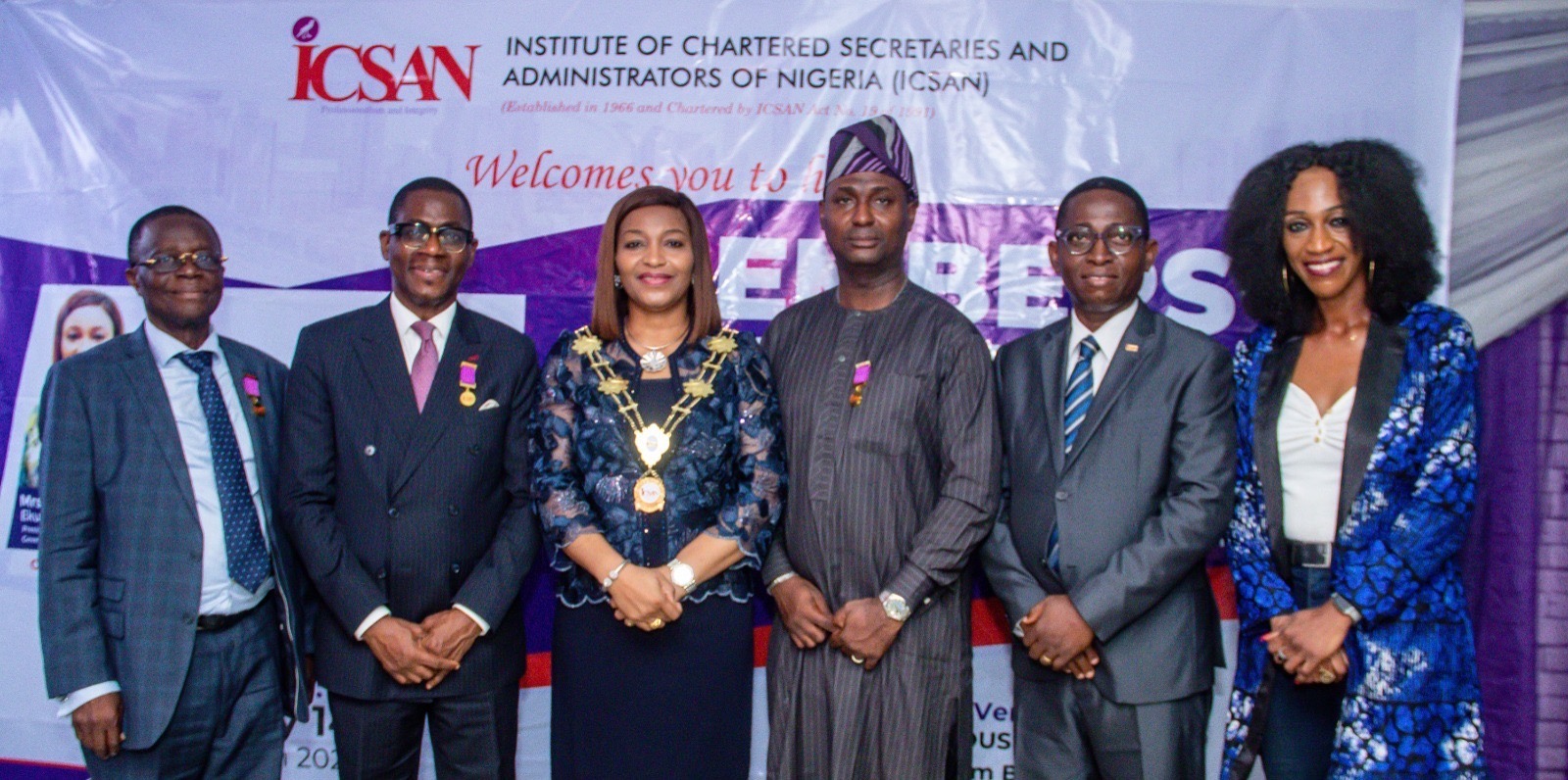TEXEM programme highlights strategic governance, leadership in turbulent times
In today’s volatile and uncertain environment, organisations and their leaders in Nigeria are confronted with a complex web of strategic challenges that demand more than operational excellence. Indeed, they require courageous governance, visionary foresight, and agile execution. One of the most critical issues is the persistent gap between short-termContinue Reading




















